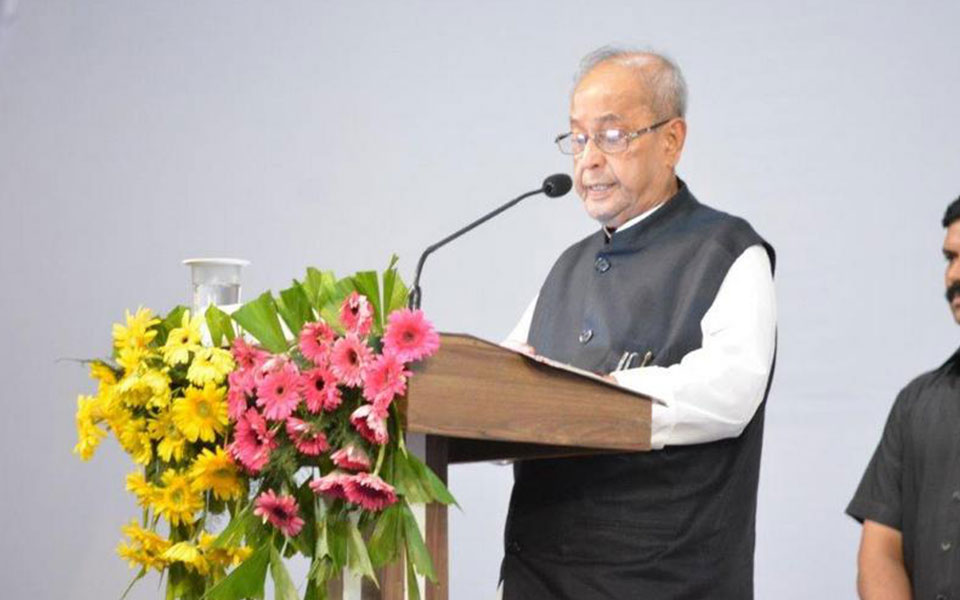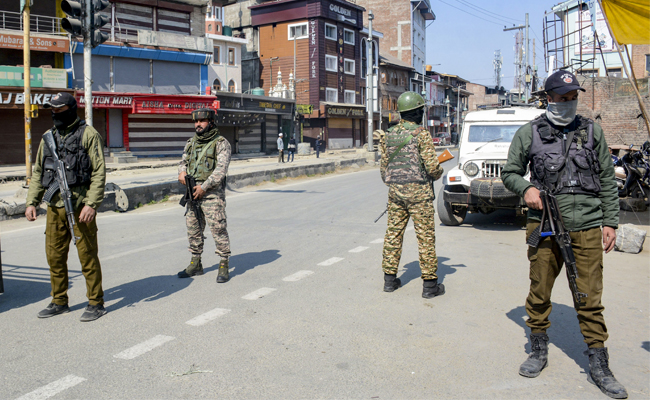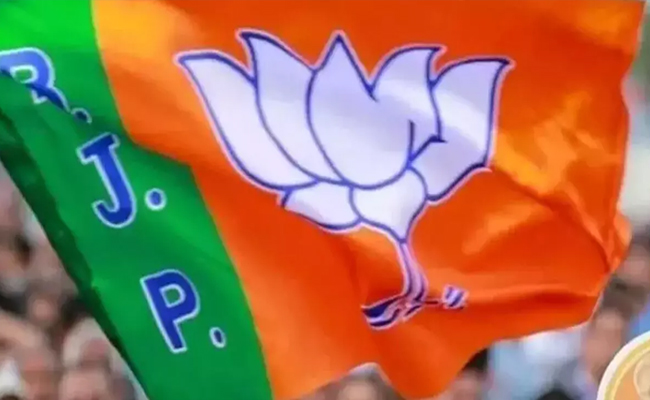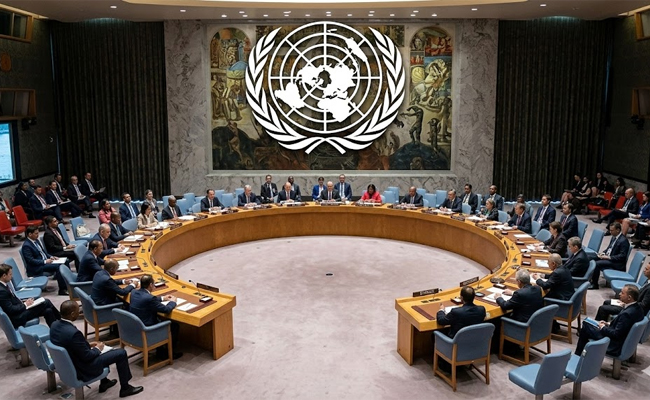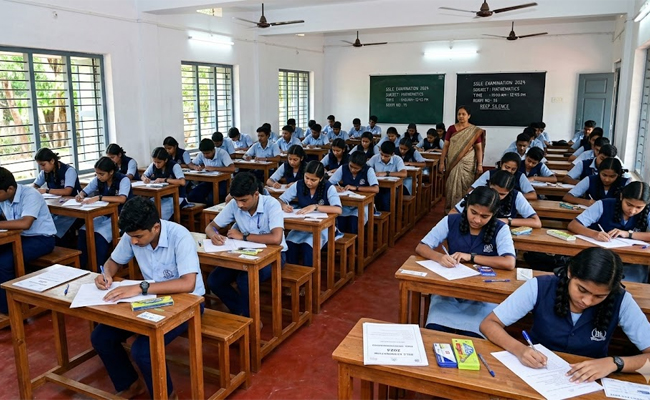Nagpur, June 7: Former President Pranab Mukherjee on Thursday expressed concern over "manifestations of rage" tearing country's social fabric and cautioned against any attempt at defining nationhood in terms of dogmas and identities of religion, region, hatred and intolerance.
Speaking at a Rashtriya Swayamsevak Sangh (RSS) event at its headquarters here, Mukherjee said there is increase in violence in the society, and identified darkness, fear and mistrust as the reasons.
"Every time a child or woman is brutalised, the soul of India is wounded. Manifestations of rage are tearing our social fabric. Every day, we see increased violence around us. At the heart of this violence is darkness, fear, and mistrust. We must free our public discourse from all forms of violence, physical as well as verbal," Mukherjee said.
The RSS is the ideological fountainhead of the ruling Bharatiya Janata Party (BJP).
Nothing should be done to divide the people and create animosity amongst them, he said.
The former President, who dwelt upon the India's history and also referred to freedom struggle at length, said the country derives its strength from tolerance.
"We accept and respect our pluralism. We celebrate our diversity. These have been a part of our collective consciousness for centuries. Any attempt at defining our nationhood in terms of dogmas and identities of religion, region, hatred and intolerance will only lead to dilution of our national identity," he said.
Mukherjee said that Indian nationalism emanated from "universalism" -- the philosophy of "Vasudhaiva Kutumakam" and "Sarve Bhavantu Sukhinah, Sarve Santu Niramayah".
"We see the whole world as one family and pray for the happiness and good health of all. Our national identity has emerged through a long drawn process of confluence, assimilation and co-existence. The multiplicity in culture, faith and language is what makes India special," he said.
He said only a non-violent society can ensure the participation of all sections of people in the democratic process, especially the marginalized and the dispossessed. "We must move from anger, violence and conflict to peace, harmony and happiness."
The former President said peaceful co-existence, compassion, respect for life and harmony with nature form the foundation of the country's civilisation.
He said that after Independence, democracy became the country's most precious guide towards peace and regeneration from the swamp of poverty created by centuries of colonial rule.
"In a democracy, informed and reasoned public engagement on all issues of national importance is essential. A dialogue is necessary not only to balance the competing interests but also to reconcile them. Divergent stands in public discourse have to be recognised.
"We may argue, we may agree or not agree, but we can't deny the essential prevalence of multiplicity of opinion. Only through a dialogue we can develop the understanding to solve complex problems without an unhealthy strife within polity," he said.
Mukherjee said India had done well in economic indicators, but it had fared poorly on the World Happiness Index and had ranked 133rd among 156 countries in 2018.
He quoted Kautilya and said: "In the happiness of the people lies the happiness of the king, their welfare is his welfare."
People are at the centre of all activities of the state and nothing should be done to divide the people and create animosity amongst them, he said.
Let the Truth be known. If you read VB and like VB, please be a VB Supporter and Help us deliver the Truth to one and all.
Srinagar (PTI): Normal life in Kashmir was affected for the fifth consecutive day as partial restrictions on movement of people remained in force as a precautionary measure.
The restrictions were imposed on Monday after spontaneous protests broke out across Kashmir a day earlier against the killing of Iran's supreme leader Ayatollah Ali Khamenei in US-Israel joint strikes.
Chief minister Omar Abdullah on Wednesday held a meeting with civil society representatives and religious leaders as part of efforts to bring the situation back to normalcy.
ALSO READ: Protests against Khamenei's killing: Curbs remain in force in Kashmir
After the meeting, Abdullah appealed to people to maintain peace while expressing grief and anger in "mosques, shrines and Imambaras".
The government has shut educational institutions till Saturday, and reduced mobile internet speeds.
"Restrictions on the movement and assembly of the people continued in many parts of Kashmir on Thursday," the officials said.
A large number of police and paramilitary CRPF personnel were deployed across the city to prevent gatherings of protestors, the officials said.
They added that concertina wires and barricades were placed at important intersections leading into the city, while asserting that these were precautionary measures imposed to maintain law and order.
The iconic Ghanta Ghar in the city centre of Lal Chowk here continued to remain a no-go zone after the authorities sealed area with barricades erected all around it on late Sunday night.
The move to seal the Ghanta Ghar came after it witnessed massive protests on Sunday after Khamenei's assassination in the joint air strikes by the US and Israel.
This is the first time since August 2019 -- when Article 370 was revoked -- that protests on such a large scale have taken place in Kashmir.

